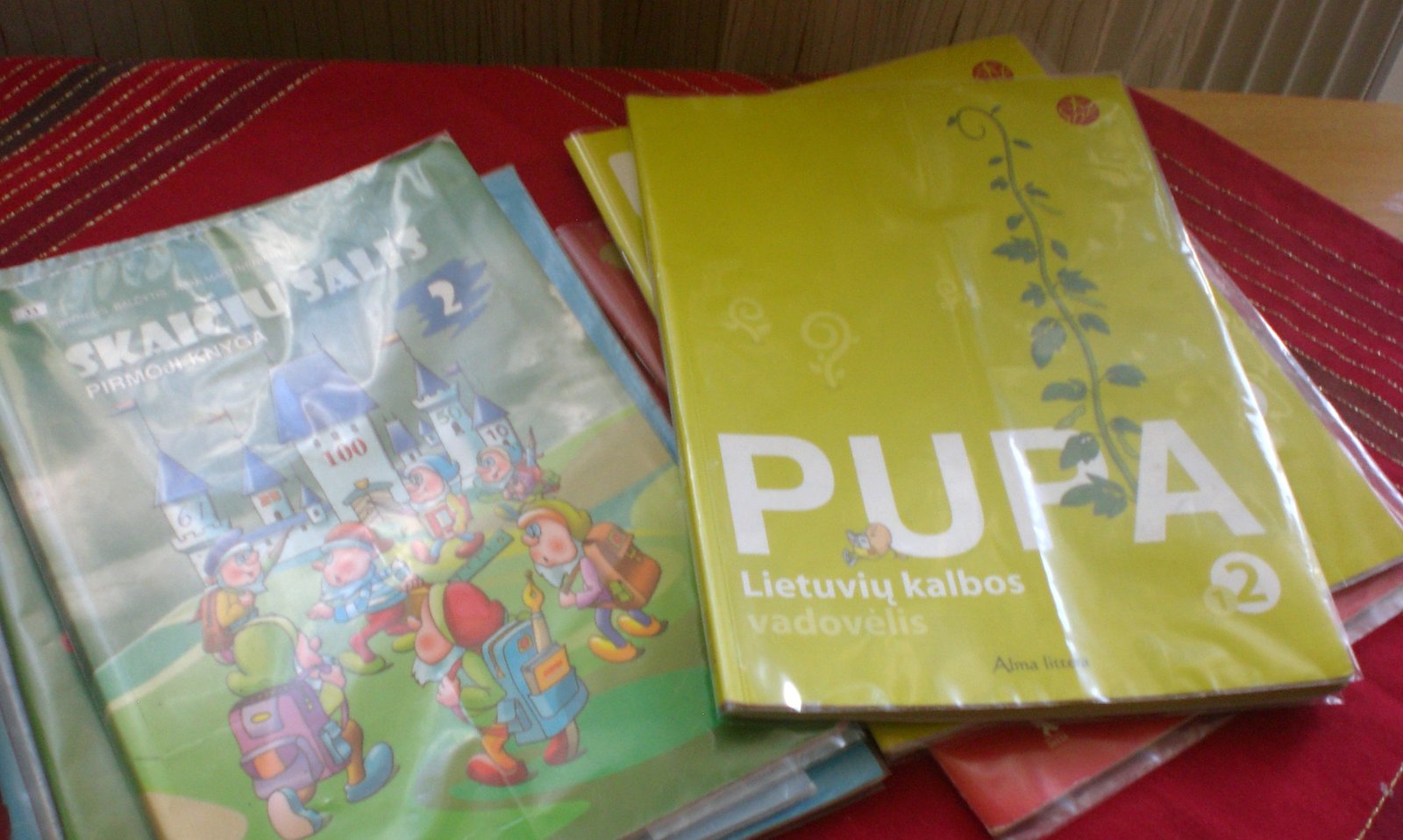

GRYNAS.lt skaitytojo nuotr.
In his opinion, Indo-European languages of which Lithuanian is one, are widespread all over all continents. They all originated from one proto-language which split into different languages more than four thousand years ago. “During that time all Indo-European languages changed a lot except one language – Lithuanian. Some words in Lithuanian, for example the words for eat – “esti”, son – “sunus” keturi – “four” differed little from their equivalents in the proto—language” notes Professor Poliakovas Alfa.lt reported.
Our language has retained very well the old proto-language’s vocabulary and has a lot of words that are lexically equivalent to it. In other modern Indo-European languages most of those words have been lost. For example, in Indo-Arian languages the Indo-European words “sunus” – son, “dukte – daughter, “avis – sheep”, “vilkas – wolf” and “akmuo” – stone as well as others, are no longer used.
According to the professor, particular attention must be paid to the fact that Lithuanian has been known of since the 16th century and has been equated with languages the history of which goes back to the first or even second millennium BC (for example the languages of Asia Minor). That means that in modern Lithuanian many archaic forms found in historical sources of these languages, could disappear.
In Professor Poliakovas’ opinion it’s difficult for most people to learn to speak Lithuanian because the morphological structure of most Indo-European languages has simplified to a far greater extent than Lithuanian has. “For example, in the Gothic language there was a word for son, that being ‘sunus’ (in Lithuanian – sūnus ); now in German it’s ‘sohn’ and in English it’s ‘son’. In proto-Slavic, it was ‘sūnus’ and now in Russian it’s ‘syn’” he says.
The professor adds that that it would be difficult for us to learn Chinese for example; although Chinese seems rather easy and is made up of simple words (ma, fu etc.), it still has a lot of tones. For the Chinese however it would be difficult to learn to speak Lithuanian because they cannot pronounce consonant clusters and so their challenge is in pronouncing words like spręsti (decide) or suprasti (understand).
“Language is a specific cultural world phenomenon. Each language of the world is unique, important and must be preserved because it is the spiritual and material reflection of a culture”.
The Lithuanian language reflects not only the spiritual and material culture of the Lithuanian nation, but also all Indo-European ancestral spiritual and material culture.
Professor Poliakovas was nominated for the 2016 Lithuanian Science Prize for his work on “Research on the relationship between the Lithuanian and other Indo-European Languages in an Historical and cultural Context” (2001 – 2015).
On March 31 morning, Minister of National Defence Dovilė Šakalienė announced that an M88 armoured…
I admit it: I’m not that type of person who follows domestic and international politics…
While Prime Minister Gintautas Paluckas does not take issue with the statements made by the…
Lithuanian economists are surprised to see our country's economic growth: the Estonian economy has been…
"The fate of Nemuno Aušra (Dawn of Nemunas) in the coalition has been decided; they…
Airvolve, a Lithuanian dual-purpose aeronautics company, has successfully completed its first round of testing and…